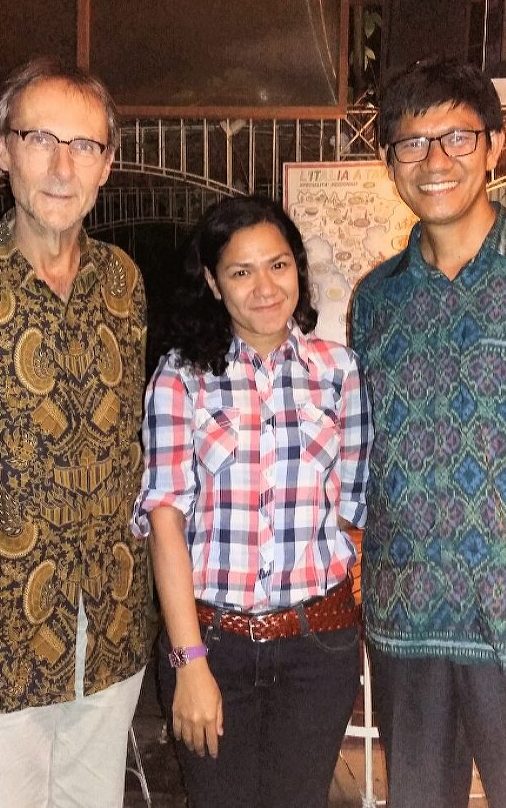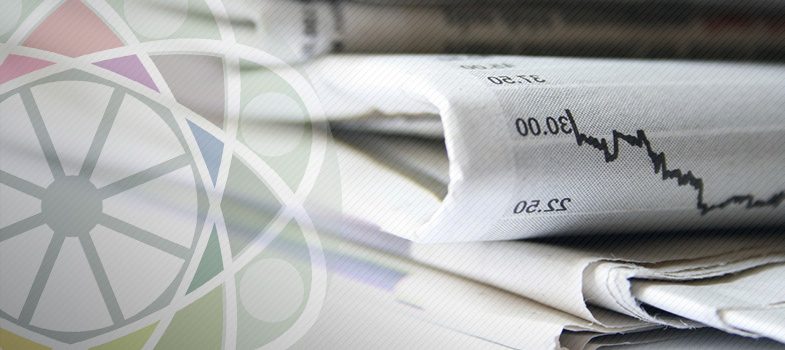Indonesian Mirrors; brief report
Brief Report on the project, Sept. 1, 2014 – 31 Aug. 2015 (1st year)
On Sept. 1. 2014 the project ‘Indonesian Mirrors’ started officially. The project studies multiple modernities and religion in the public arena in Netherlands and Indonesia. The project consists of two subprojects, a historical project and a contemporary project. The first subproject is implemented by PThU / VU in collaboration with CRCS – UGM. The second subproject is implemented by RU / NIM, in collaboration with UKDW.
Project 1: Dutch colonial history in Indonesia
The first project aims to answer the question how Indonesians reacted to the modernization process during the Dutch colonial history and how that history affects the way Indonesians now deal with religion in modern society in Indonesia. From August 2014 onwards, the project team tried to find a Ph.D. candidate, first at STT-Jakarta and later at CRCS-Yogyakarta, but these attempts failed for various reasons. In March 2015 the project team invited Mr. Marthen Tahun, a researcher at the CRCS-UGM, to conduct the first subproject, and he accepted the invitation. He combines this research with a project on mutual perceptions of Christians and Muslims on the Moluccas.
Project 2: Indonesian migrants in the Netherlands
 The second project aims to answer the question how Indonesian immigrants now perceive of religion in modern society in the Netherlands and how the Dutch colonial past in Indonesia plays a role in this perception. From the very beginning the project team reached an agreement with Mrs. Maria Inggrid Nabubhoga, an employee of UKDW-Yogyakarta, to conduct the second subproject. After a literature review and initial training in research methods, she did fieldwork among Indonesian immigrant communities in the Netherlands, from April 1 to June 31, 2015. Her focus is on Indonesian immigrants outside the religious institutions to avoid socially desired answers on religion. It was not easy to find interviewees and make appointments with them. Ultimately she was able to conduct and transcribe five in-depth interviews in this first fieldwork period.
The second project aims to answer the question how Indonesian immigrants now perceive of religion in modern society in the Netherlands and how the Dutch colonial past in Indonesia plays a role in this perception. From the very beginning the project team reached an agreement with Mrs. Maria Inggrid Nabubhoga, an employee of UKDW-Yogyakarta, to conduct the second subproject. After a literature review and initial training in research methods, she did fieldwork among Indonesian immigrant communities in the Netherlands, from April 1 to June 31, 2015. Her focus is on Indonesian immigrants outside the religious institutions to avoid socially desired answers on religion. It was not easy to find interviewees and make appointments with them. Ultimately she was able to conduct and transcribe five in-depth interviews in this first fieldwork period.
Conclusion
The first subproject, after a long search, found a researcher, but this project is yet to start. The second subproject had a researcher from the very beginning but the fieldwork in the Netherlands was more complicated than we expected. The cooperation between the two researchers, their supervisors and the institutions involved will start in the 2nd year (1 Sept. 2015 – 31 Aug. 2016).
